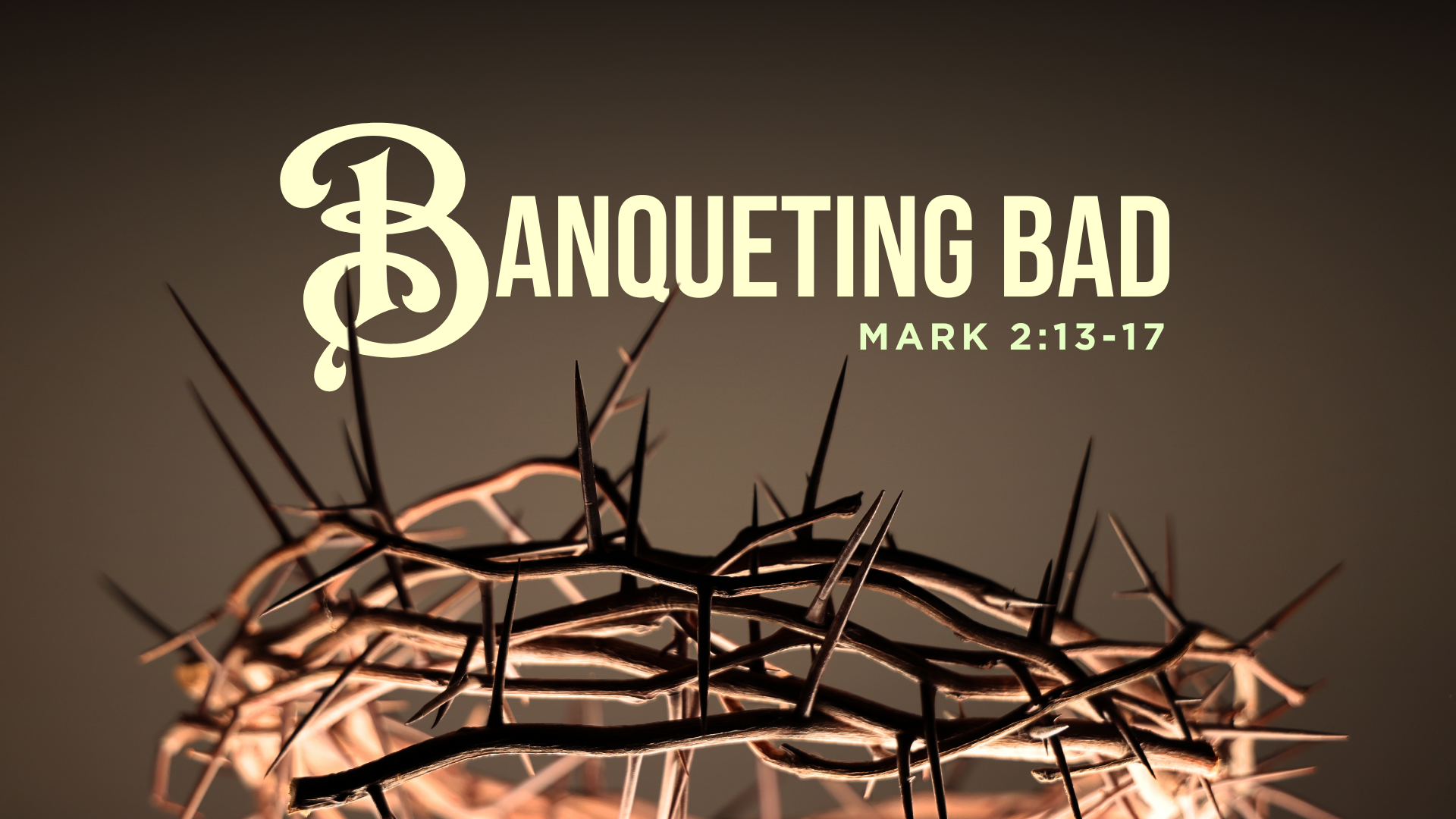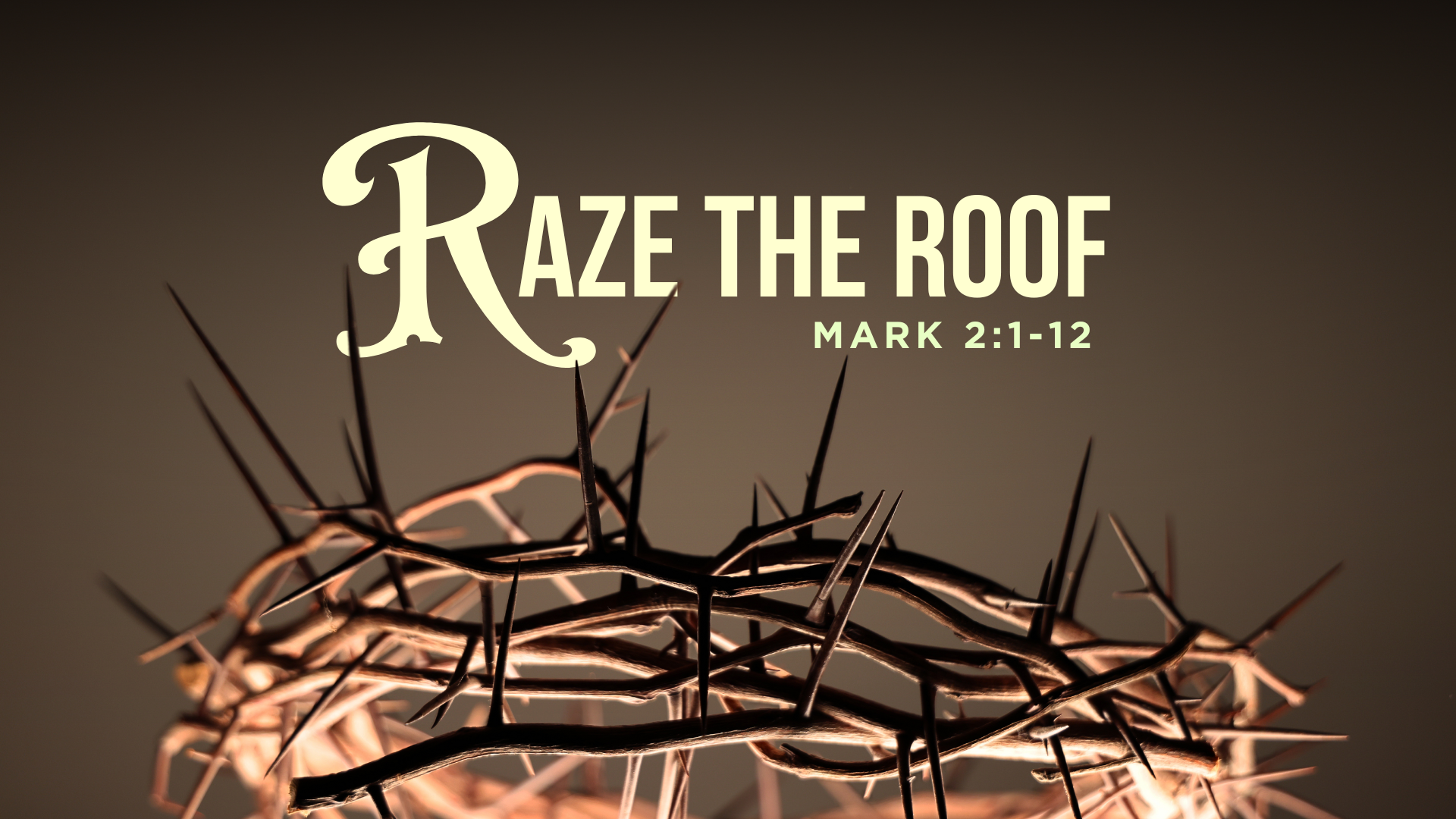March 23, 2025
- “Take now your son, your only son Isaac, whom you love, and go to the land of Moriah, and offer him there as a burnt offering on one of the mountains of which I shall tell you.”
- “Come now, therefore, and I will send you to Pharaoh that you may bring My people, the children of Israel, out of Egypt.”
- “And behold, you will conceive in your womb and bring forth a Son, and shall call His name JESUS.”
- “Go your way, sell whatever you have and give to the poor, and you will have treasure in Heaven; and come, take up the Cross, and follow Me.”
When the Lord asks, He asks big.
Ezekiel fulfilled a bunch of big asks. In our text he is given two more. The first doesn’t seem too extreme. He gets a stew going. It is terrifically overcooked, however, destroying the contents and the pot. It’s a culinary parable of what was about to occur in Jerusalem.
It was nothing compared to what came next. “Son of man, behold, I take away from you the desire of your eyes with one stroke; yet you shall neither mourn nor weep, nor shall your tears run down” (v16).
The Lord was going to end Mrs. Ezekiel.
Does God’s asking seem more like Him telling? Take teen-Mary for example. The angel Gabriel told her what was going to happen to her. She questioned Gabriel, but you don’t get the impression she could say “No.”
Likewise Moses. He put up more of a fight, complaining that, among other shortcomings, he stuttered. God overcame his every objection.
Jonah is the prime example. He said “No” to God and fled opposite the direction of Nineveh. God made it clear: “I’m not asking you; I’m telling you.”
There is a slang word that conveys this. It is ‘voluntold.’ It’s a combination of volunteer and told, highlighting the irony of being assigned a task that is voluntary.
The Lord is our great Voluntold-er.
I’ll organize my comments around two points: #1When You Are Voluntold You Are Equipped, and #2 When You Are Voluntold You Are Exampled.
#1 When You Are Voluntold
You Are Equipped (v1-14)
Ezekiel was in the Chebar River region of Babylon. He had been brought there against his will as a captive. God had been predicting through him that the city of Jerusalem would fall, and that the Temple would be destroyed.
Ezk 24:1 Again, in the ninth year, in the tenth month, on the tenth day of the month, the word of the LORD came to me, saying,
Ezk 24:2 “Son of man, write down the name of the day, this very day – the king of Babylon started his siege against Jerusalem this very day.
The day & date of King Nebuchadnezzar’s third and final siege of Jerusalem became an iconic date in Israel. It was like November 22, 1963, or 9-11. Or sadly, October 7th.
The “men” were 25 leaders of the Jews. The phrase ‘The time is not near to build houses” is a question – “Isn’t it time to build houses?”
We won’t ‘get’ Ezekiel’s parable without recalling a similar one in chapter eleven. There it was uttered by the leaders. They said, “This city is the caldron, and we are the meat” (v. 2-4).
Jerusalem’s leaders wrongly assumed God would never let His city or Temple fall, comparing themselves as choice (chosen) cuts of meat in a watched pot.
They cancelled-out the Word of God delivered by Jeremiah in Jerusalem & by Ezekiel in Babylon.
We hear the phrase cancel culture a lot these days. Truth is, unbelievers have been trying to cancel Jesus since the Garden of Eden.
There are only 280 days until Christmas. Sometime before that there will be an assault on Christmas in terms of decorations on public land.
The canceling I am most concerned about happens when our young adults get to the end of their high school years and go to college. It seems that every college, no matter your major, tries to give you an unwanted minor in anti-Christianity.
Ezk 24:3 And utter a parable to the rebellious house, and say to them, ‘Thus says the Lord GOD: “Put on a pot, set it on, And also pour water into it.
Ezk 24:4 Gather pieces of meat in it, Every good piece, The thigh and the shoulder. Fill it with choice cuts;
Ezk 24:5 Take the choice of the flock. Also pile fuel bones under it, Make it boil well, And let the cuts simmer in it.”
I’m starting to think that Ezekiel had a cooking show or a catering business. He gave us a recipe for Ezekiel bread. Now we have Ezekiel stew.
Ezk 24:6 ‘Therefore thus says the Lord GOD: “Woe to the bloody city, To the pot whose scum is in it, And whose scum is not gone from it! Bring it out piece by piece, On which no lot has fallen.
‘No lot has fallen” means that there would be no one left to redeem them. If that seems harsh, remember that they did not seek, nor did they want redemption.
Ezk 24:7 For her blood is in her midst; She set it on top of a rock; She did not pour it on the ground, To cover it with dust.
Ezk 24:8 That it may raise up fury and take vengeance, I have set her blood on top of a rock, That it may not be covered.”
According to the Law of Moses, spilt blood was always to be covered by dirt. The Jews, in their pagan sacrifices, did not treat blood that way. It was used to mark & anoint. Some pagan rituals called for drinking blood.
Ezk 24:9 ‘Therefore thus says the Lord GOD: “Woe to the bloody city! I too will make the pyre great.
Ezk 24:10 Heap on the wood, Kindle the fire; Cook the meat well, Mix in the spices, And let the cuts be burned up.
Ezk 24:11 “Then set the pot empty on the coals, That it may become hot and its bronze may burn, That its filthiness may be melted in it, That its scum may be consumed.
Ezk 24:12 She has grown weary with lies, And her great scum has not gone from her. Let her scum be in the fire!
Beef stew is a recipe in which a lot of scum needs to be spooned off as it rises to the top. The Jews in Jerusalem were all scum. The pot they trusted in would burn also.
We need to be very careful about what are called the “trappings” of religion. They are the outward symbols, rituals, and traditions that look impressive but don’t necessarily reflect true faith. Evangelical churches are blending liturgical worship, robes, rituals, incense, and historic Christian practices with contemporary evangelical theology.
As Charles Spurgeon often said, “Trappings? We don’t need no stinking trappings.”
Ezk 24:13 In your filthiness is lewdness. Because I have cleansed you, and you were not cleansed, You will not be cleansed of your filthiness anymore, Till I have caused My fury to rest upon you.
Ezk 24:14 I, the LORD, have spoken it; It shall come to pass, and I will do it; I will not hold back, Nor will I spare, Nor will I relent; According to your ways And according to your deeds They will judge you,” Says the Lord GOD.’ ”
The Jews brought idolatry with them from Egypt. Nine hundred years later they not only remained idolators, they were maybe the worst ever in their history. All during that time God was trying to cleanse them.
God’s last resort, as it were, was to bring them into captivity in Babylon. Over the next 70 years, God would raise up a remnant who would return to the land, construct the 2nd Temple, and rebuild the walls.
It may sound incidental, but when Ezekiel was voluntold what to do, he needed meat and seasoning and cooking supplies. The LORD listed them. Since Ezekiel was in Babylon, it’s doubtful the local Costco had Israeli pots. I say he used his own pot, then then watched it melt.
Regardless whether that was true or not, when God volun-tells you, it will cost you.
The Richie-rich young ruler comes to mind. Jesus laid down His life for you, remarking that you were the joy that was set before Him. How can you and I not lay down our lives for Him, who is our joy?
God equips you spiritually for whatever He calls you to do. His primary means of equipping is through your involvement in a local church. A key purpose of the Church is to teach God’s Word, equipping the saints for the work of the ministry.
A friend of mine was a rescue swimmer in the Navy. He told me that actual rescues are pretty rare. But you’d better be ready!
As Scar once said, “Be prepared.”
#2 When You Are Voluntold
You Are Exampled (v15-27)
I have heard too many misguided words of comfort given to those who are processing the death of a loved one. Still, if you told me that a well-meaning person said, “Don’t mourn or weep – just sigh,” I would hardly believe it. Yet that is what God commands in this instance.
Ezk 24:15 Also the word of the LORD came to me, saying,
Ezk 24:16 “Son of man, behold, I take away from you the desire of your eyes with one stroke; yet you shall neither mourn nor weep, nor shall your tears run down.
Ezk 24:17 Sigh in silence, make no mourning for the dead; bind your turban on your head, and put your sandals on your feet; do not cover your lips, and do not eat man’s bread of sorrow.”
We often struggle with God ending Mrs. Ezekiel’s life. But from her view – would you choose a few more painful years, witnessing your city’s fall and your husband’s murder, or embrace death and be an example?
Christians should grieve, but never as those who are without hope. We need to start expressing more hope and less grieving.
Ezk 24:18 So I spoke to the people in the morning, and at evening my wife died; and the next morning I did as I was commanded.
King Nebuchadnezzar invaded Jerusalem three times. Ezekiel was exiled in the second deportation, with about 10,000 taken. They were a small, close-knit group, processing this shocking event together.
Ezk 24:19 And the people said to me, “Will you not tell us what these things signify to us, that you behave so?”
Ezk 24:20 Then I answered them, “The word of the LORD came to me, saying,
Ezk 24:21 ‘Speak to the house of Israel, “Thus says the Lord GOD: ‘Behold, I will profane My sanctuary, your arrogant boast, the desire of your eyes, the delight of your soul; and your sons and daughters whom you left behind shall fall by the sword.
Mr. & Mrs. Ezekiel were a happily married ministry couple.
- Just as Ezekiel’s wife has been the desire of his eyes to him, so Jerusalem was to them.
- Just as Ezekiel’s wife was taken from him by God, so the Jerusalem would be taken from them by God.
Ezk 24:22 And you shall do as I have done; you shall not cover your lips nor eat man’s bread of sorrow.
Ezk 24:23 Your turbans shall be on your heads and your sandals on your feet; you shall neither mourn nor weep, but you shall pine away in your iniquities and mourn with one another.
Mrs. Ezekiel’s service would be unique in the history of the children of Israel. It would happen before news of Jerusalem’s fall. Their participation in her services would prepare them for the greater tragedy.
Ezk 24:24 Thus Ezekiel is a sign to you; according to all that he has done you shall do; and when this comes, you shall know that I am the Lord GOD.’ ”
I compared the third siege of Jerusalem to events like JFK’s assassination & 9-11. It was far worse if you were a Jew:
- The presence of the LORD (the Shekinah cloud of His glory) had earlier departed from the Temple.
- Their government collapsed.
- They had no military.
- The only place on Earth where they could offer sacrifices was ruined.
- The 10 tribes to the North had been scattered for almost 200 years. The tribes of Judah & Benjamin would be dispersed. No nation thus treated had ever remained pure.
Lately, many commentators use words like “exist,” “existential,” or “existential threat.” In 586BC, Israel faced a true existential crisis – it seemed like the end. But it wasn’t, because God remains faithful even when His people are faithless.
Ezk 24:25 ‘And you, son of man – will it not be in the day when I take from them their stronghold, their joy and their glory, the desire of their eyes, and that on which they set their minds, their sons and their daughters:
Ezk 24:26 on that day one who escapes will come to you to let you hear it with your ears;
Ezk 24:27 on that day your mouth will be opened to him who has escaped; you shall speak and no longer be mute. Thus you will be a sign to them, and they shall know that I am the LORD.’ ”
We almost forgot that Ezekiel had been a voluntold mute. He only spoke when God gave him a word for them. This would be another way he was a sign, an example.
An escapee would bring news of Jerusalem’s fall. It would confirm everything Ezekiel had staged & said for the past 4 years.
Why would someone escape only to run to the place that everyone was being deported to? Maybe the LORD voluntold him! The LORD works from both ends.
Ezekiel was an example of how to walk with God in the dispensation in which he lived. There are a few special instructions like that in the NT, for believers in certain circumstances. I’ll give you one.
In First Corinthians the apostle Paul suggested that since times were tough on believers, don’t get married, but live single and celibate. Perhaps Paul anticipated the imminent Roman persecutions which began within ten years after he wrote. Persecution is difficult enough for a single person to endure, but problems and pain are multiplied for those who are married, especially if they have children.
The day-to-day Christian life is a voluntold to mature in Jesus. The biblical examples we mentioned seemed to have no real choice. There are other examples in scripture of believers who are volunteer told nevertheless failing to follow God. The story of lot, Abraham’s nephew, is probably the classic.
Let’s think of God‘s volun-telling us as Him commanding us, knowing He has & will equip us.









